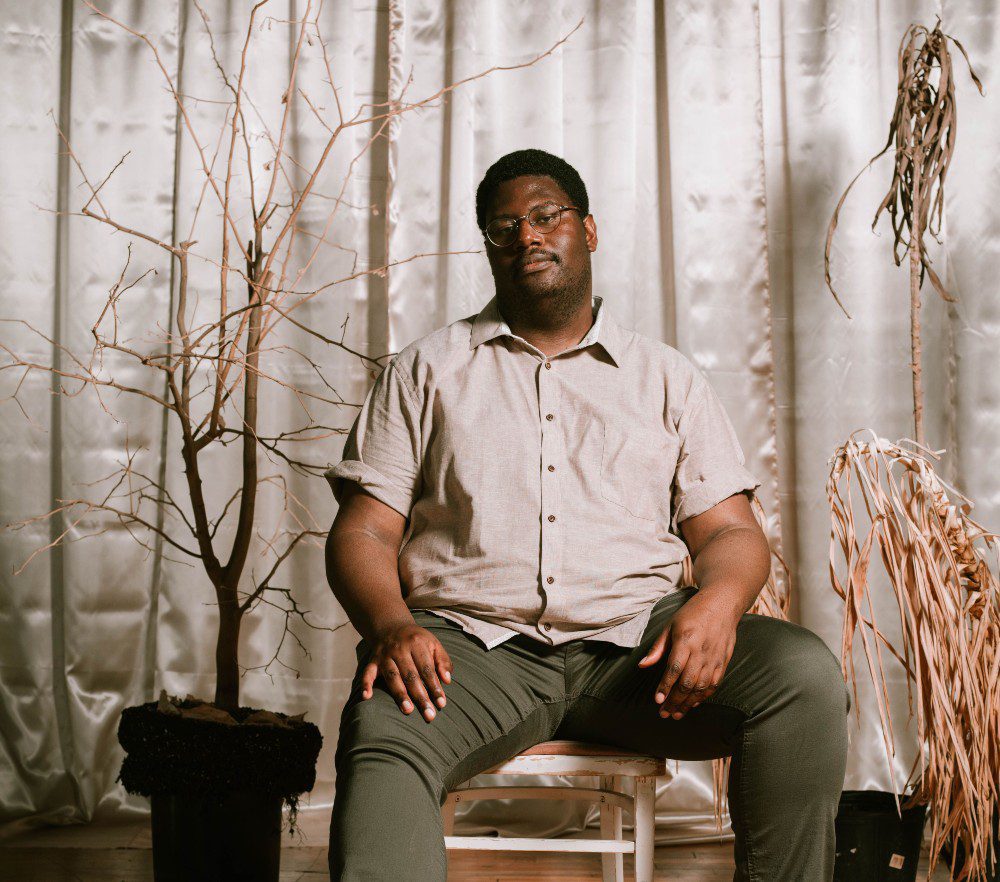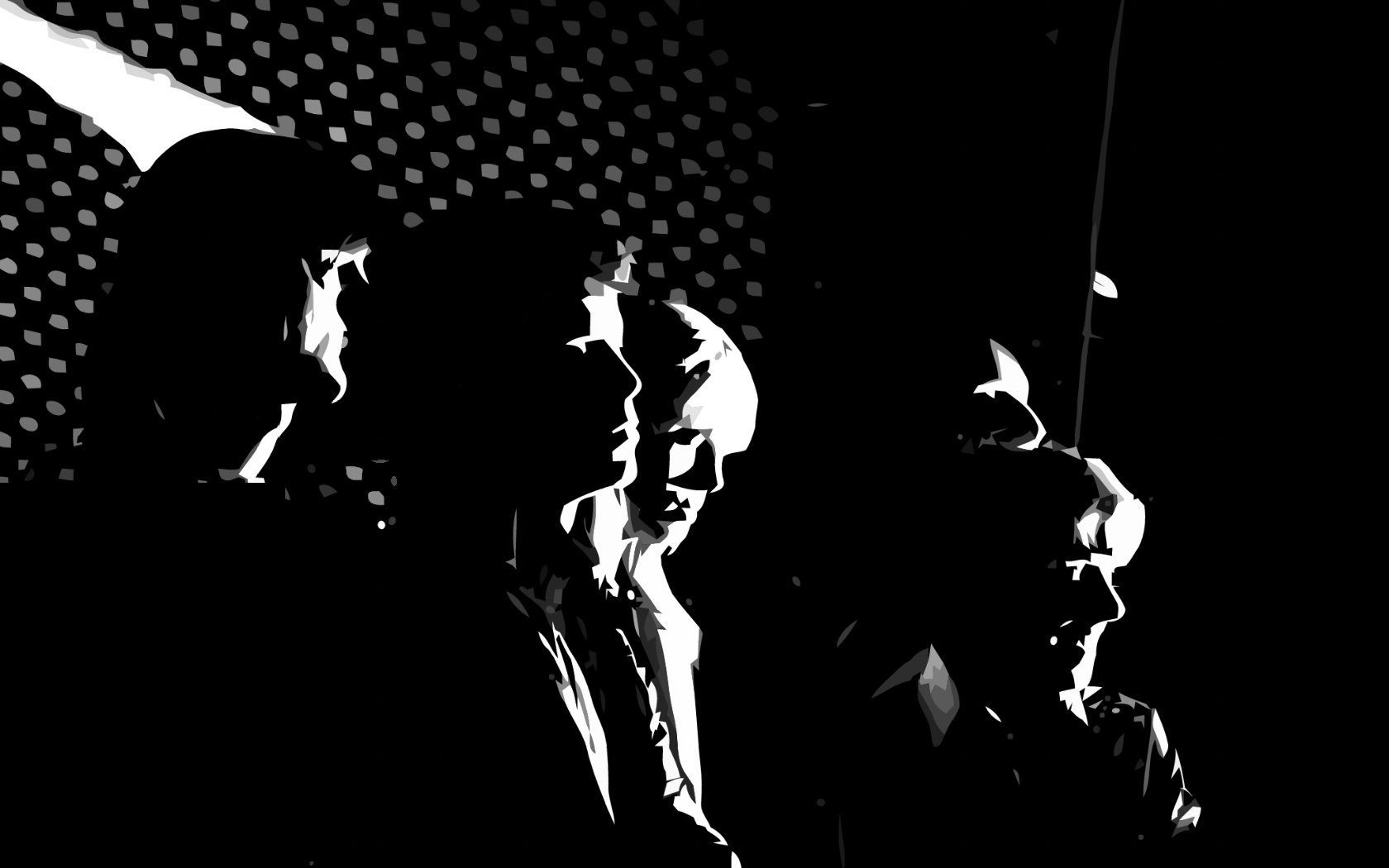

Brooklyn-based singer-songwriter Emily Fehler released her debut record as Gold Child last week, a moniker she adopted upon moving to New York City in 2012. A “self-proclaimed student of country music’s golden age,” she names legends Patsy Cline and Emmylou Harris as major influences, though her music itself has drawn comparisons to Angel Olsen, Mazzy Star, and Neko Case. All of these are well-deserved, as Fehler displays a mastery of the Americana sound that makes Gold Child feel classic and fresh all at once. This timelessness stems partly from Fehler’s pristine vocals, which shimmer bright above lush acoustic instrumentals, but also from the subject matter itself.
Fehler pulls the classic ’70s country sound into the present moment with her lyricism, which provides deep insight into the inner emotional world of a millennial woman, focusing on ephemeral details, evoking imagery like morning, roses, and rainbows in her kitchen. She plays with the concept of time as a theme often: its value in an age when most people work at least two jobs to make ends meet, and the modern, disconnected feeling of wishing you had more time to yourself while also wanting to share it with someone else. On track “Lose the Light,” she distills the potent visual of light coming and going as the day progresses to a metaphor for giving our time to other people each day in order to survive, concluding with the salient line “Time’s been fooling us all.”
More than once, Fehler bemoans the way her life and time no longer feel like her own, a concept that cuts to the very core of what it means to be a young person in America circa 2019. And yet, while she wishes these things still belonged to her, she implores someone else to help her get it back, opening “Lose the Light” with the plea “Take me somewhere where my time is my own.” On the aptly-named “In Between,” she acknowledges the rift between connecting with another and having to give up personal space to do so, delicately touching on the human tendency to push people away while silently wishing they’d resist us: “I might get angry sometimes but I like to feel you next to me.”
Fehler acknowledges that she wrote the album in a transitional time in her life, saying “I was coming into my own as an adult – working day jobs, trying to cope with the state of the world, and my newfound anxiety – which is maybe a culprit of why the record took so long to make.” Early single “Undertow” provides a snapshot of her trajectory: “Everything’s feeling so hectic/Been moving too fast/While I’m just standing here motionless.” But if this debut is any indication, some things shouldn’t be rushed. Fehler can finally rest assured that her time was well spent: she has managed to craft a beautiful collection of meaningful songs that will resonate with countless people, as we all drift along in a world that seems to carry on outside of our control.




